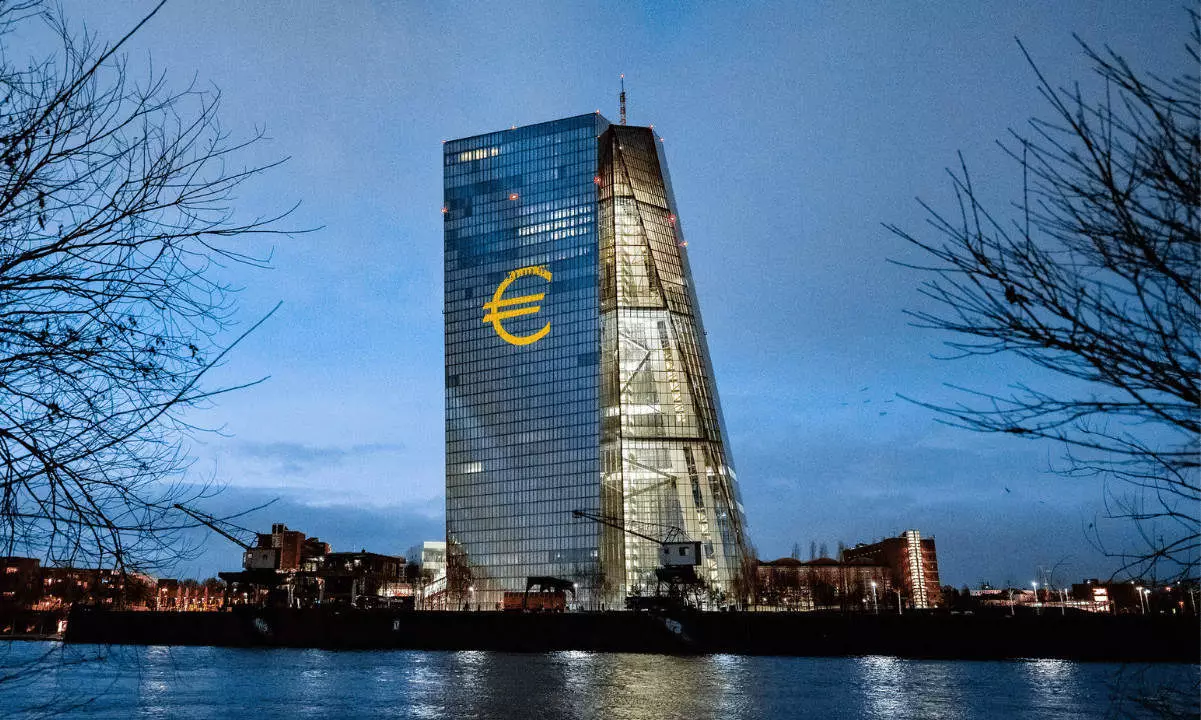The European Central Bank (ECB) has been gearing up for the launch of the digital Euro Central Bank Digital Currency (CBDC) by October 2025. While the ECB has emphasized privacy and data protection as its main priorities, there are several concerning aspects of the digital currency that could have the opposite effect.
One of the key features of a CBDC is its programmable nature, allowing the central bank to govern the currency through smart contracts. This gives the ECB the power to restrict the amount of digital euro individuals can hold in their accounts, all in the name of maintaining a stable financial environment. This level of control raises red flags about financial freedom and individual autonomy.
The ultimate goal of the ECB seems to be the complete elimination of cash, pushing for all financial transactions to be carried out online. This shift to a cashless society would enable extensive monitoring and tracing of transactions, raising concerns about privacy and freedom of financial choice.
Crypto entrepreneur Daniel Batten has raised several concerns about the ECB’s digital Euro CBDC. He highlighted the potential for increased surveillance by banks, the ability to ‘deplatform’ individuals, and freeze their accounts at will. This level of control could have serious implications for financial privacy and security.
While the ECB has touted the offline functionality of the digital Euro as providing a cash-like level of privacy, experts have pointed out that the currency would still need to rely on the central bank’s database to function. This reliance would compromise any claims of privacy that the ECB has put forward, further highlighting the potential risks associated with the digital currency.
Europe is not alone in its push towards a digital currency controlled by the central bank. Several other countries, including China, Russia, Brazil, India, and Japan, are actively exploring CBDC pilots. This trend towards digital currencies raises questions about the future of financial freedom and individual control over their assets.
As the ECB continues its preparations for the digital Euro CBDC, the implications for financial freedom and privacy become increasingly apparent. The potential for increased control, surveillance, and the elimination of cash poses serious risks to individuals’ autonomy and economic security. It is crucial for policymakers and the public to consider these concerns and advocate for a financial system that values privacy, freedom, and security above all else.














